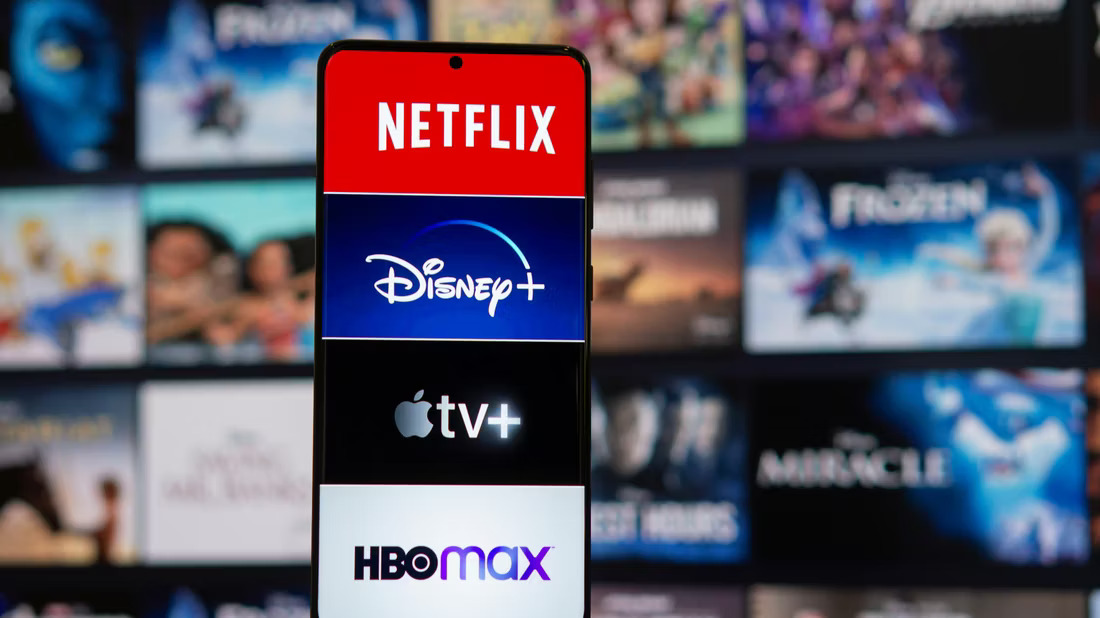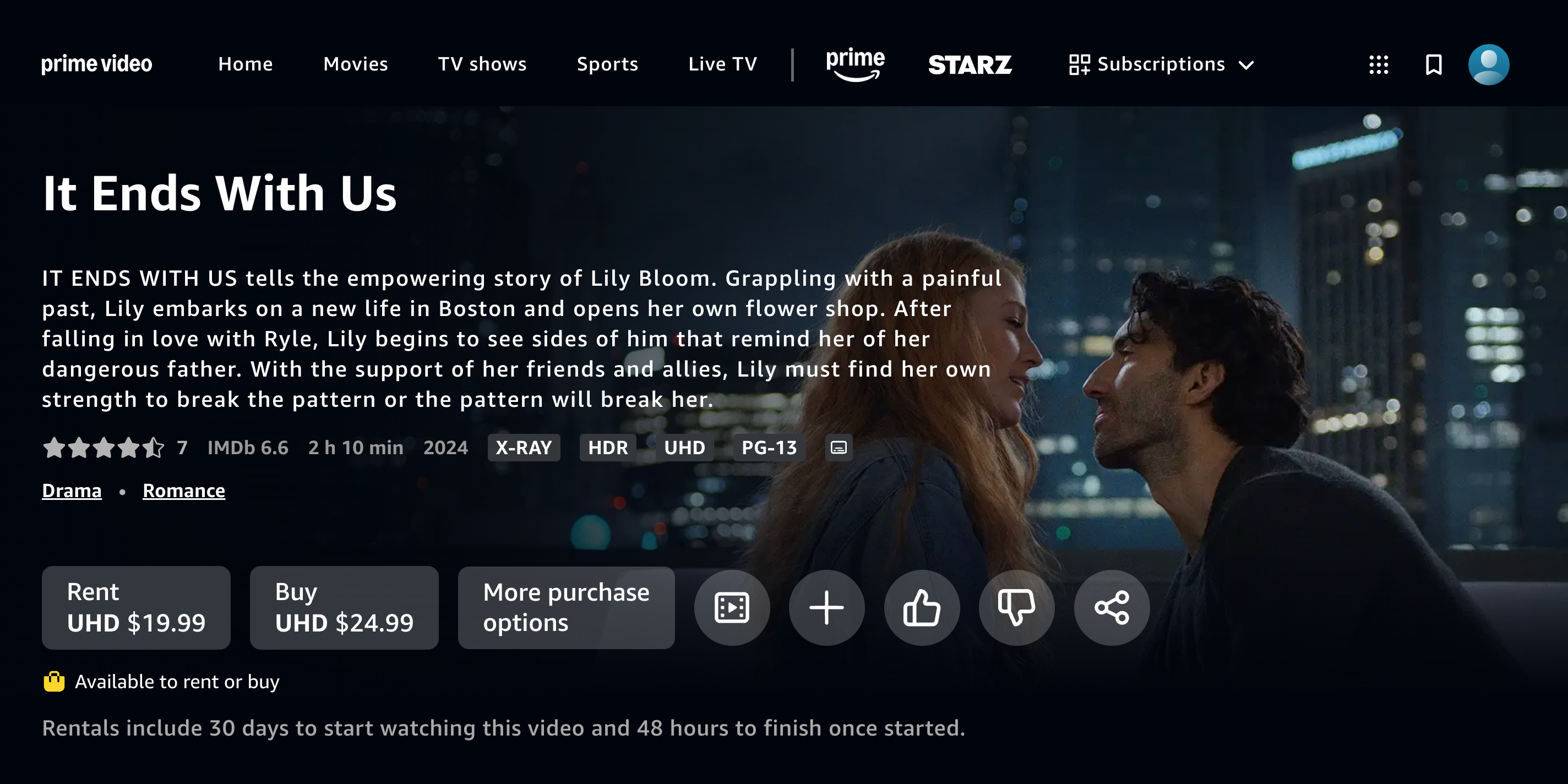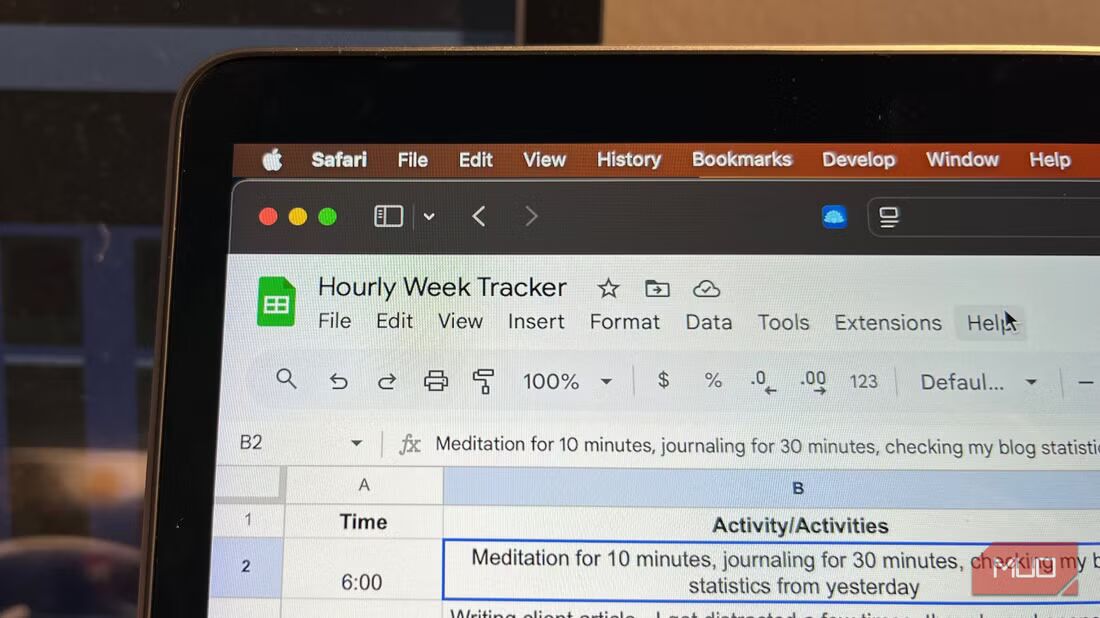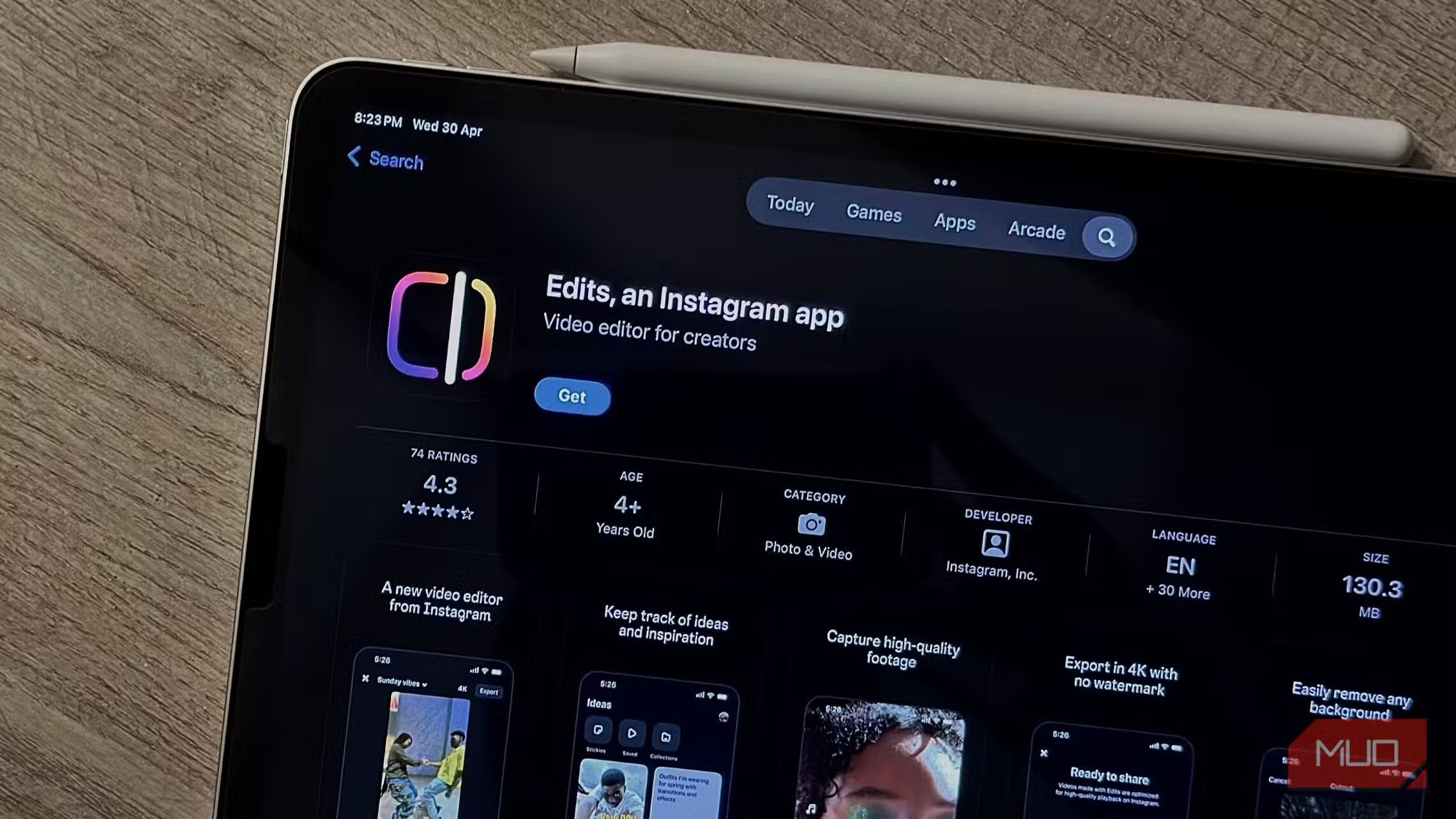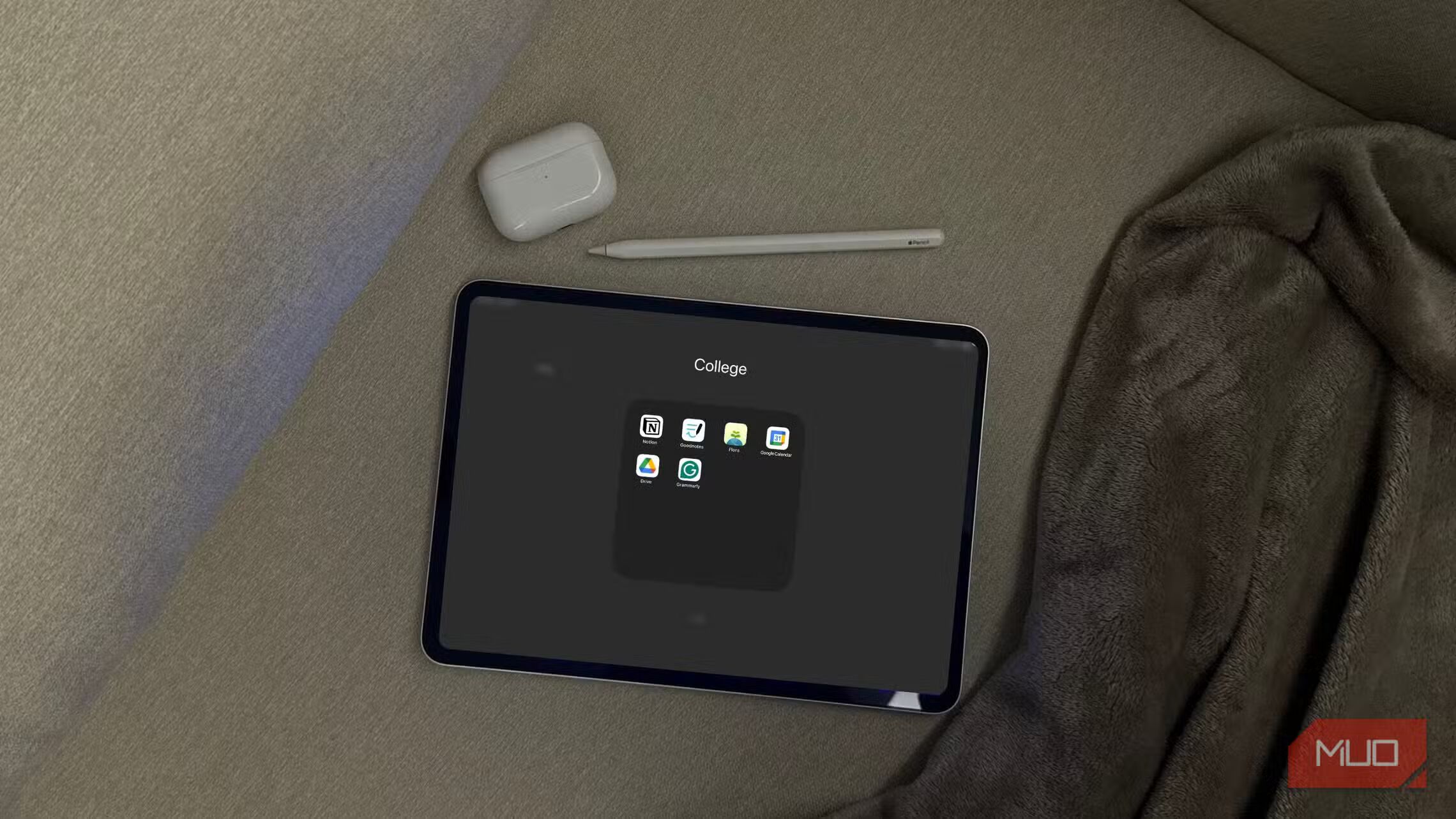When we eagerly threw out our DVDs in favor of a clutter-free lifestyle with streaming, we took for granted the security of physical media. Now, we might encounter series and films disappearing from our paid streaming platforms, or worse, the removal of media we thought we actually “owned” in perpetuity. A new California law intends to protect consumers from misleading sales of movies, games, books and other digital goods.
California Expands False Advertising Protections
According to California’s Digital Democracy database, the law, called AB 2426: Consumer protection: false advertising: digital goods, would expand on existing legislation that prohibits false advertising. Here is an excerpt from the bill:
“This bill would, subject to specified exceptions, additionally prohibit a seller of a digital good from advertising or offering for sale a digital good, as defined, to a purchaser with the terms buy, purchase, or any other term which a reasonable person would understand to confer an unrestricted ownership interest in the digital good, or alongside an option for a time-limited rental, unless the seller receives at the time of each transaction an affirmative acknowledgment from the purchaser, or the seller provides to the consumer before executing each transaction a clear and conspicuous statement, as specified.”
In other words, a company like Apple or Amazon can’t use words like “purchase” or “buy” for a film, television show, or e-book if that digital item could later be removed from your library. California now considers that as not only deceptive, but illegal.
According to the new law, purchase clarifications must be up front and in plain language–not buried in convoluted terms of service.
A Recent History of Disappearing Media
Flaky digital purchases are not a new phenomenon. In 2021, Apple was under fire for advertising iTunes movies as goods you could “buy,” when there was technically a possibility that these films could be removed from your library down the line.
More recently, game maker Ubisoft was in hot water in April for pulling licenses for one of its games after players had already purchased it. While these buyers reportedly received a refund, the loss speaks to the fleetingness of digital assets. Sometimes, it’s not just about the money; you should know what you’re getting, and how long you’re getting it for.
What AB 2426 Means for Our Digital Future
The California law requires companies to admit to consumers if what they’re actually buying is a temporary license to digital media. While it may only be a state law at this point, California is home to an enormous chunk of the entertainment industry. I could be wrong, but I have to believe that if streamers are going to make changes to their systems and UI, those changes will be reflected across the entire US and not customized for Californians only. There is also a decent chance that other states will follow suit and this will become the new standard.
There are plenty of reasons to choose physical over digital media, but the fact is, there’s always a risk of losing things. I’ve certainly scratched a few DVDs beyond repair. However, in that case, I was in full control over that loss. In this new age of selling and buying digital goods, it’s important that we, the consumers, know what is and isn’t under our jurisdiction.
